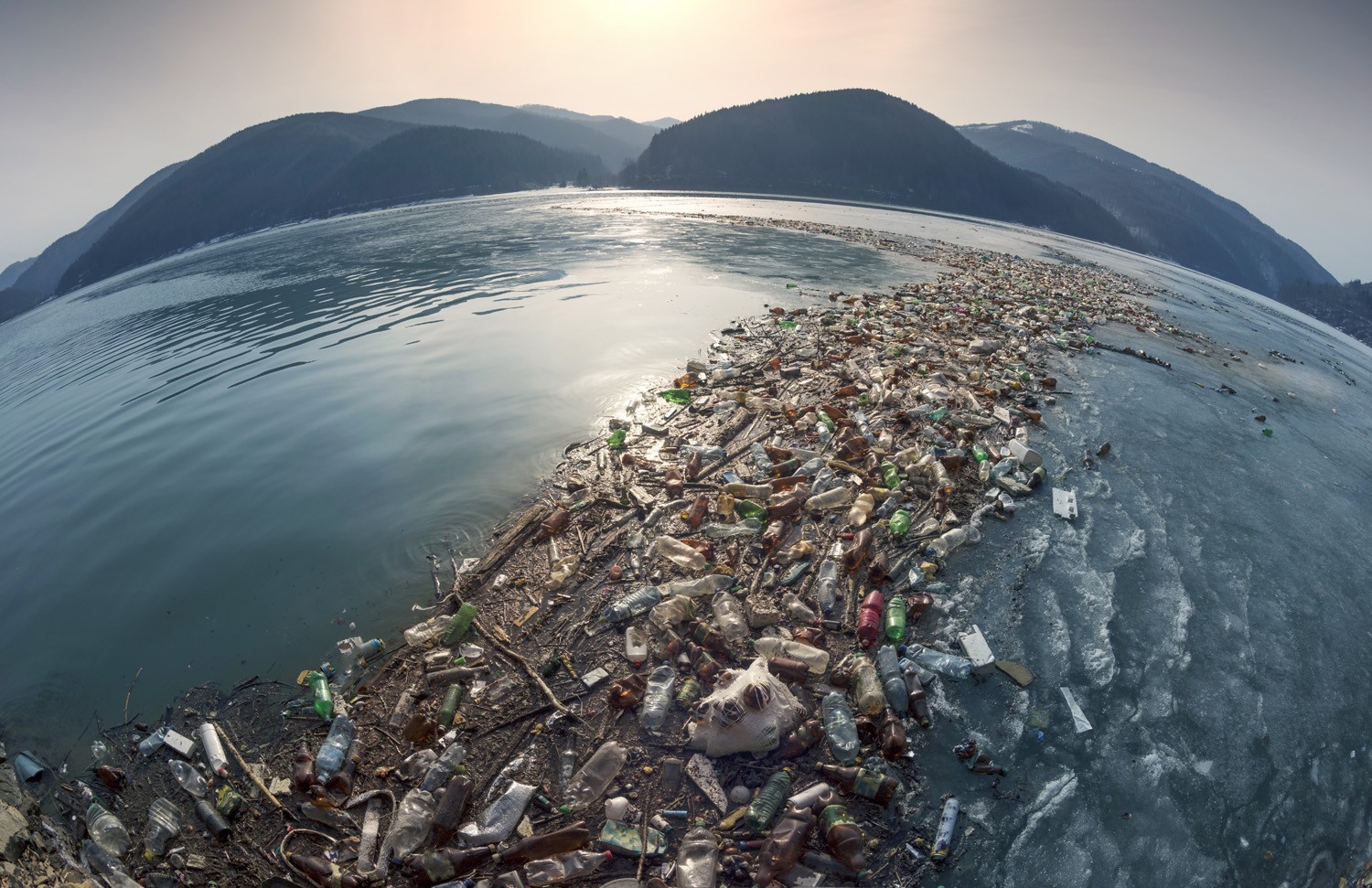Non-governmental organisations (NGOs) are increasingly looking at the packaging industry. As a result, NGOs are also becoming strong drivers for innovation and for the transformation of the industry towards a circular economy. One of the most prominent and influential representatives is the Ellen MacArthur Foundation (EMF). Not least because of the participation of heavyweight brands such as Mondelez, Nestlé and Ferrero, the EMF’s activities show where the packaging market is heading.
We have been observing for some time that non-governmental organisations are increasingly and decisively influencing the development of the packaging industry and its value chain. The Ellen MacArthur Foundation (EMF) is without doubt one of the most important representatives of non-governmental organisations (NGOs).
EMF is resolutely driving forward the topic of the circular economy and the “New Plastics Economy”. In doing so, it is driving innovation and becoming an active player in the transformation of the industry towards the circular economy.
The fact that their word carries so much weight is not least due to their heavyweight brand members, which include Mondelez, Nestlé and Ferrero. Those who enter the discussion with so much weight leave their mark – and define paths for the future. That is why the activities of the EMF are a good indication of where the packaging market is heading.
Because of its importance, we are dedicating a small series in our newsletter to the activities of the Ellen MacArthur Foundation. We will start with a general overview of the EMF and its goals. Subsequently, we will take a closer look at the individual goals – and their effects – with the help of concrete case studies. But we will also pay attention to other NOGs in the newsletter.
What are NGOs?
Non-governmental organisation are non-governmental organisations that are active as a kind of interest group, especially in social and environmental policy.
Among the best-known and largest international organisations are, for example, Greenpeace and the World Wildlife Fund in the field of environmental protection, and Amnesty International and Human Rights Watch in the field of human rights.
The Ellen MacArthur Foundation
- Dame Ellen MacArthur was born in 1976. She is a British sailor who is successful in regattas and held the world record for the fastest circumnavigation of the globe in single-handed sailing for three years. On her cruises, she regularly became aware of the amounts of plastic waste in the oceans, which led to the establishment of the foundation in 2009.
- The Ellen MacArthur Foundation (EMF) has become the global thought leader on the circular economy. Founded with the aim of accelerating the shift towards a circular economy, it defines three basic approaches:
- Avoid waste and pollution from the outset.
- Use products and materials again and again.
- Regenerate natural systems.
- The best-known initiative of the EMF is the “New Plastics Economy”.
New Plastics Economy
- With the “New Plastics Economy” initiative, the EMF is striving for a fundamental change for important material flows.
- Within the New Plastics Economy, important stakeholders of the industry are brought together. The goal is to create a circular economy for plastics that starts with packaging.
- Signatories to the Global Commitment to the New Plastics Economy include the world’s largest packaging manufacturers, brands, retailers and reprocessors, as well as governments and NGOs that have already signed the Global Commitment to the New Plastics Economy. This includes companies that account for 20 per cent of all plastic packaging produced worldwide.
- The New Plastics Economy Global Commitment Statement contains goals that the signatory companies want to achieve in order to promote the circular economy. These approaches include
- the redesign to remove problematic and unnecessary plastics, and
- Innovations that make plastics reusable, recyclable or compostable.
- Each member company is required to set individual targets and report progress to the Ellen MacArthur Foundation on a regular basis.
The six major goals of the
The Ellen MacArthur Foundation names six concrete goals, which we will examine in more detail in the next newsletters – also using concrete market examples.
- elimination of problematic or unnecessary plastic packaging.
- transition from single-use to reuse models
- 100% reusable, recyclable or compostable packaging.
- recycling in practice (i.e. not just theoretical recyclability).
- decoupling from the consumption of finite resources via PCR and bioplastics.
- Transparency
Stay tuned!
NGOs like the Ellen MacArthur Foundation have become drivers and pioneers of innovation and transformation towards the Circular Economy.
Through their heavyweight members, they have the power to shape flows and markets. This is where the future is made! So it pays to be in the know (as it always is). We are happy to help and will pick up the thread on this in the next newsletter.

